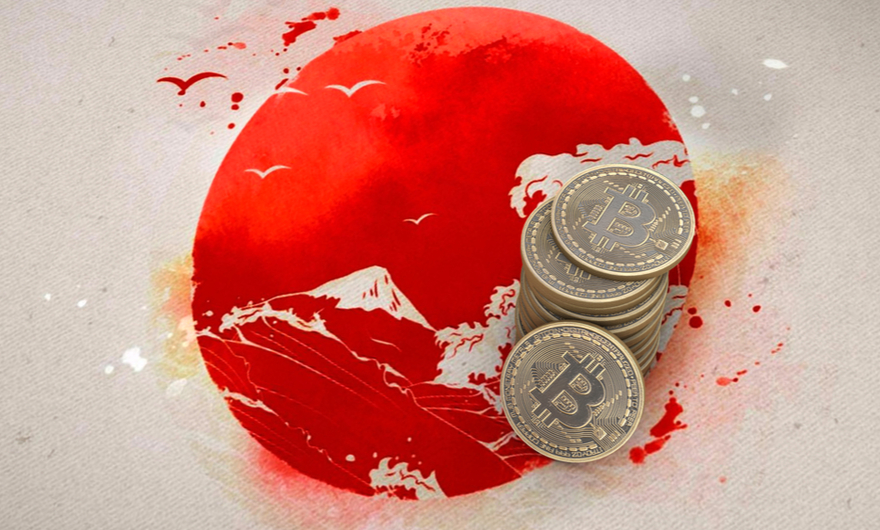The Governor of the Bank of Japan has joined a growing consensus from other central bankers regarding Bitcoin as a result of its recent volatility in the financial market. His viewpoints are reflective of similar remarks made by fellow peers, with Federal Reserve Chair Jerome Powell stating back in April that digital currencies were merely a vehicle for speculative estimates. Similarly, Luis de Guindos, European Central Bank Vice President, aired his opinion that digital tokens should not be viewed as genuine investments.
Haruhiko Kuroda stated in an interview on Thursday:
Most of the trading is speculative and volatility is extraordinarily high. It’s barely used as a means of settlement.
The cryptocurrency has entered a severe fluctuation period in recent months. In the following week alone, value surged 16% on Monday last week following a dip of up to 18% on Sunday – continuing a chain of unruly shifts for a whole range of cryptocurrencies. Adding to the long list of financial figures weighing in on the conversation, Andrew Bailey, Bank of England Governor, has pitched several warnings within the debate this month. Bailey, like others, is of the opinion that cryptocurrencies do not offer any intrinsic value, cautioning investors that they should only purchase crypto if they are willing to make losses on their money.
Kuroda went on to differentiate Bitcoin from stable coins which are known to have their value backed up by assets. Stable coins are also obliged to meet regulatory governance codes and legal standards, meaning that the Governor is under the impression that they could well become a suitable trading alternative in the near future.
Volatility aside, it can’t be ignored that Bitcoin has increased by nearly 30% of gains this year. With this in mind, the Founder of Bridgewater Associates, Ray Dalio stated that if cryptocurrencies keep up their momentum, investors are likely to invest in them as opposed to government bonds.
In the same interview, Kuroda stated his intentions to consider climate change in BOJ’s upcoming monetary policies. These comments are a reaction to the evolving debate between central bankers regarding how they should approach efforts to counteract concerning climate change. The debates follow a series of pledges made by major governments to reduce greenhouse emissions, including China, Japan, and the US.
Iran recently issued a ban on the mining of cryptocurrency for as long as four months following country-wide power outages. The intensive industry is said to have contributed to blackouts for households and businesses across Iran, with outages lasting as long as six hours a day in recent weeks. And the intensified crackdown on bitcoin trading and mining by Beijing also saw miners halt their business in China.
The governor of the Bank of Korea suggested last week that cryptocurrency trades from South Korean citizens are a potential threat to the country’s financial system. Increased trading of virtual assets – known for their volatile pricing – is threatening to leave the nation’s financial system at risk of instability, according to the Governor of the Bank of Korea, Lee Ju-yeol.
